Annabeth Chase Is Black Now, Deal With It: How Race-Bending Gives Way to Misogynoir
When I was 10 years old, I discovered a book series called Percy Jackson and the Olympians by Rick Riordan. From “look I didn’t want to be a half-blood,” I was hooked. In the series, we follow 12-year-old Percy Jackson as he stumbles into the world of Greek gods and monsters. Along the way, he gains two main friends, Annabeth, daughter of Athena, and Grover, his satyr protector. It is worth noting that in the book Annabeth is described as having blonde hair, Percy is described as having black hair, and Grover is described as having brown hair.
Percy Jackson & the Olympians: The Lightning Thief hit theaters in 2010. The Chris Columbus-directed film was greeted with a lukewarm reception from critics and even worse reactions from devout fans of the series. 2013 saw the release of a sequel that garnered an even worse reception. One of the main gripes that anchored discourse in online circles was the way the characters looked. Everyone was too old. Furthermore, Annabeth did not have blonde hair or grey eyes. Let’s not even get into the complete disregard of the story from the source material.
On January 25th, 2022, author Rick Riordan announced that his first television series was finally greenlit by Disney+ and would soon be gracing our screens. This was the moment of redemption that everyone had been waiting for. Finally, the Percy Jackson series was going to be gifted a second chance with Rick Riordan at the helm. This was also one of those days when I realized that my childhood interest, one of my most favorite things, was shared by so many different people. Everyone was talking about the show; Percy trended on Twitter all day. Naturally, rampant anticipation followed the announcement. Who would play Percy? Who would be Grover? Who would take roles as the gods and, more importantly, who would be Annabeth? Rick Riordan made a promise that he was going to try to keep the spirit of his books alive with young actors who would be accurate to the ages of the characters.
An open casting call was put out where people could submit auditions regardless of race. If they could act, Disney wanted their tapes. On April 11th, Walker Scobell was introduced to the world as our new Percy. While Walker does not have Percy’s signature Black hair, Riordan assured everyone that he embodied Percy the best. People rejoiced. Here was a main character who was the correct age and he had Percy energy! His blonde hair was a negligible non-issue that was largely brushed aside. The anticipation for who would play Annabeth and Grover was even more excruciating after Percy’s announcement. May 5th was D-Day. Leah Jeffries was announced as Annabeth and Aryan Simhadri was announced as Grover.
Aryan Simhadri (left) and Leah Jeffries (right).
Two-thirds of the main trio would no longer be white like they had once been in the books. At first, there was nothing but excitement. The trio had been finalized and they will soon begin filming in March. However, like clockwork, racist trolls came out of every dank corner of the Internet. This is not something new. In fact, it happens almost every time a traditionally white character is played by a Black actress. Halle Bailey being cast as Ariel in the upcoming live-action remake of The Little Mermaid had some people saying it was “scientifically impossible” for a mermaid to be Black. Let’s not forget that mermaids are literally fictional creatures living under the sea. When Anna Diop was cast as Starfire in the DC show Titans, people could not fathom it. They said there was no way that she could be Starfire, a fictional alien from a make-believe planet. Most notably, there’s Candice Patton who was hired to play Iris West Allen in The Flash in 2014. Arguably, Patton’s role as Iris West started the trend of race-bending originally white characters with Black actors. It was groundbreaking, yes, but calls of “gingercide” and intense hate were thrown at Patton. She was left defenseless by the writers and producers at the CW. History once again repeats itself with Leah Jeffries. Except not quite.
The idea of “blackwashing” is a clear example of misogynoir. The character of Aquaman has historically been white with blond hair and blue eyes. However, when Jason Momoa, a Polynesian man with brown hair and brown eyes, was cast as the character in 2014, there was very little backlash. The relatively muted outrage can be attributed to a lack of enthusiasm surrounding the character. Nevertheless, when Idris Elba was cast as Heimdall in Thor, a similarly undervalued character, the backlash was horrific. Elba himself has described playing Heimdall as “torture”.
Tessa Thompson’s casting as Valkyrie, on the other hand, unleashed a hellfire of vitriol. People could not wrap their heads around a Black figure in Norse mythology… the same mythos in which Loki gives birth to a horse. People were in her Instagram comments calling for her death. Thompson remarked that she had to weather the storm and just act through it. No actor should have to bear their job. In comparison to Elba, the backlash against Thompson was more violent and consistent. Even now, Thompson still faces intense criticism while Elba was eventually accepted as Heimdall.
In 2012, Amandla Stenberg was cast as Rue Barnette in The Hunger Games. With their casting announcement came waves of backlash. In the books, Rue was a dark-skinned Black girl, and Amandla is light-skinned. You would think the protest of her character would be on the basis of the colorist casting. Instead, it was about how audiences could not imagine Rue as anything but white, despite her being Black in the book. Amandla was fourteen. What’s more? Her fellow district member Thresh Morrowson was played by dark-skinned actor Dayo Okeniyi, yet he faced almost zero backlash. What is it about black girls that make people so ready and willing to tear them down or “put them in their place?”
Leah is a twelve-year-old child. She is not a woman. She is not even a teenager. She should not have to be strong in the face of blatant misogynoir by people who want to” put her in her place” or dim her shine. Rick Riordan and the rest of the Percy Jackson crew immediately came out against the racist trolls. Not even 24 hours after the worst of the attacks had begun, Riordan published a blog post where he called the trolling what it was, racist, and demanded that it stopped.
This is something that other studios have failed to do, but it should not be commended. In fact, this should be the norm. The fact of the matter is that people should not be harassing Leah Jeffries and getting her TikTok removed because they feel a disconnect between her and a fictional book character. Leah won the role of Annabeth out of ten thousand other girls. Ten thousand other actresses of various backgrounds auditioned for Annabeth and Rick Riordan hand-picked Leah. That should mean something. It should mean almost everything. Leah’s co-star, Aryan Simhadri, was not met with the same backlash, nor should he have been. Nevertheless, it is as interesting as it is disturbing that these “critics” have no problem with a non-demigod role going to someone who isn’t white.
The common narrative being used to justify the “backlash” against Jeffries is that she is not blonde. They claim that Annabeth’s story was about overcoming the dumb blonde stereotype in a world full of brunettes. This is untrue. In fact, when the author himself says that you have misunderstood the character as he wrote her, then you know you’re wrong. Not only is the backlash just blatant misogynoir, but it also shows a complete lack of imagination on the part of these members of the audience. For them, a world where a child of Athena is not white cannot exist because all of Athena’s children are blonde. They say that they could not picture Annabeth as Black, however for myself and many other Black women she was never anything other than that.
Credit: @BVNNiXJAY
Annabeth’s story is not about the color of her hair. Her story is about how she feels ignored, underestimated, and abandoned. She does not have superpowers like her closest friends. The only gift her mother ever gave her was an invisibility hat. The only other thing she has is her wisdom and her ambition. Annabeth must work ten times harder than everyone around her to be seen as powerful and worthy of being a hero. If that doesn’t speak to the Black girl experience, I don’t know what does.
Another critique I’ve seen about the Annabeth casting has been “why race-bend one character when we can create new Black characters?” I counter with this question: why must they be mutually exclusive? Representation will not bring us liberation, but it is nice to think about the little Black girls that will get to see themselves as one of the most powerful characters in the series. Why can we not have both brand new characters and race-bend whatever characters we want? Rick Riordan created Percy Jackson and the Olympians as a way for his son to see himself in the neurodiverse characters of the world. It is only natural that a new generation of kids will get to see themselves in these characters now.
As more casting announcements are revealed for this television series, it is obvious that Rick Riordan is trying to diversify the world that he created. Other notable castings include Glynn Turman as Chiron, Timm Sharp as Gabe Ugliano, and Dior Goodjohn as Clarisse La Rue. These three roles are interesting to note because of the reaction to the corresponding casting announcements. Chiron, who was a white man in the novel, is now being portrayed by a Black actor. When reading the reactions to his casting most of the comments were about how “genius” Riordan’s casting was except for a few expected trolls.
The same cannot be said for the comments under Dior Goodjohn’s casting announcement. In the replies to that announcement, there were people commenting on her race and body type. They said that Clarisse was white and built. The character could not be Biracial. Of course, these people lack a basic understanding of the human body. Muscles can be built. Dior herself has mentioned that she is in the gym, as if that matters. There were also people in the comments pretending to care about fat people to veil their racism. Dior is not as big as Clarisse was described in the book. However, no one is saying the same thing about Tim Sharp. In the book, Gabe is also described as fat. Why does no one seem to care that much? (As a fat person myself, I am happy with this change as the way they were written in the original books was to be insulting. But that’s another article altogether.) The key differences between the two actors? Gender and race.
Dior Goodjohn
What much of this outcry boils down to is fan entitlement, anti-blackness, and misogynoir. This is not unique to the Percy Jackson fandom. Fan entitlement is far-reaching. People feel as though they have a claim to the characters, and therefore their word is law. This entitlement is intertwined with white supremacy. People cannot fathom that Black actresses, who auditioned for a role, were better than the white people who tried out. They also cannot imagine a little Black girl playing a hero. The response to Dior’s casting is colored by her being an antagonist, meanwhile, Leah is playing a hero. She also is playing the (10-year-old spoiler alert!) main love interest for Percy. Many non-Black people can wrap their minds around a Black villain just not a Black good guy. This contributes to the severity of the attacks on these actresses despite vocal support from the author himself. In fact, many stans will attach themselves to any white actor who mentions they auditioned for the role instead of supporting the girl who fairly won the role. Rick Riordan went out looking for the most talented actors to portray the characters that he wrote and when he found them, they just so happened to not be white.
Annabeth has always been incredibly important to me. Her story is one of constant heartbreak, but also unflinching resilience and triumphs. At times, her character gets into situations that are not pretty. She’s real and fleshed out. She has also always been Black to me. And now, at least on Disney+, she always will be. I, for one, am excited for Leah Jeffries to bring life to one of my favorite characters, and I am carving her name into the Emmys right now.
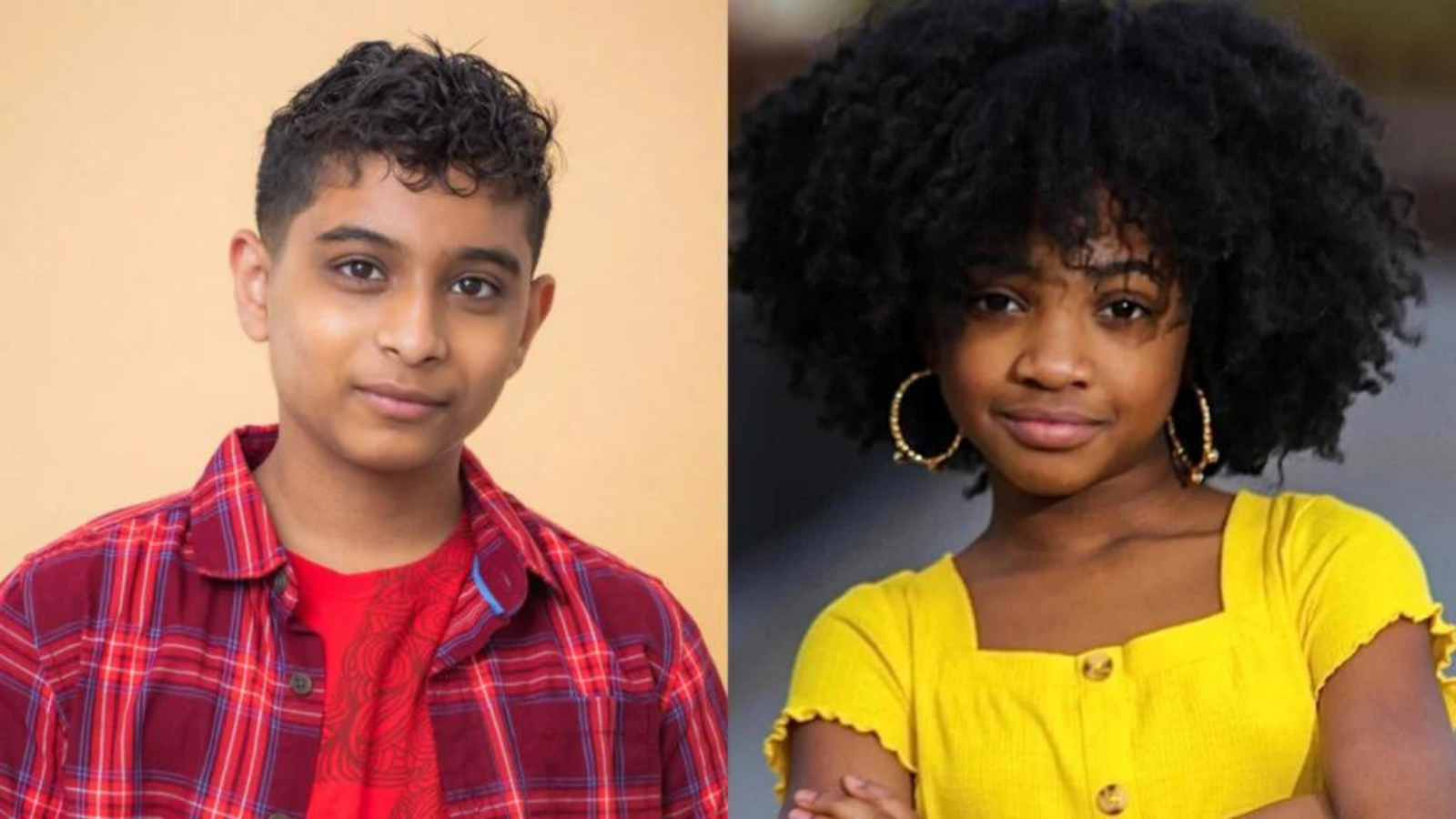
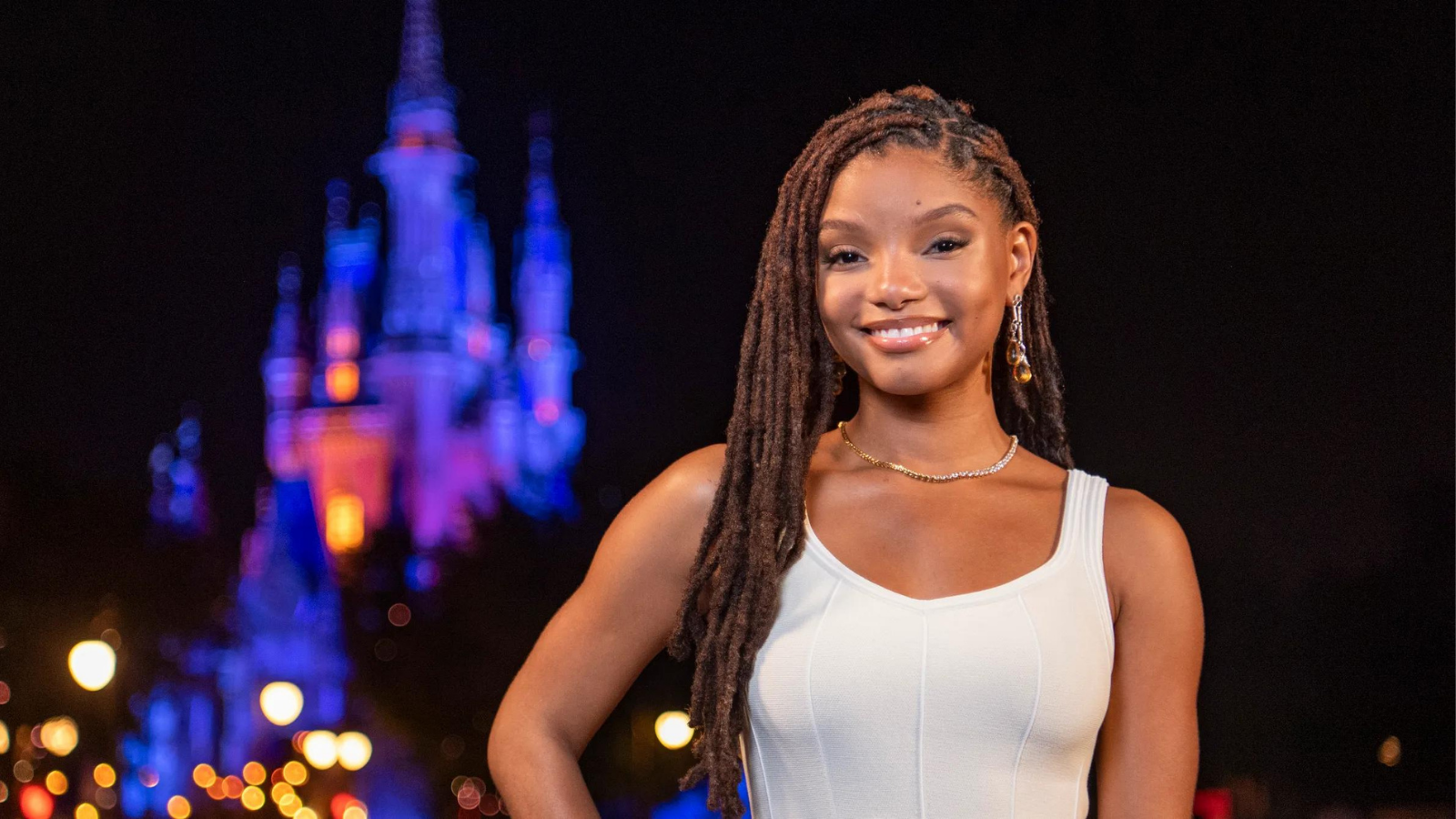
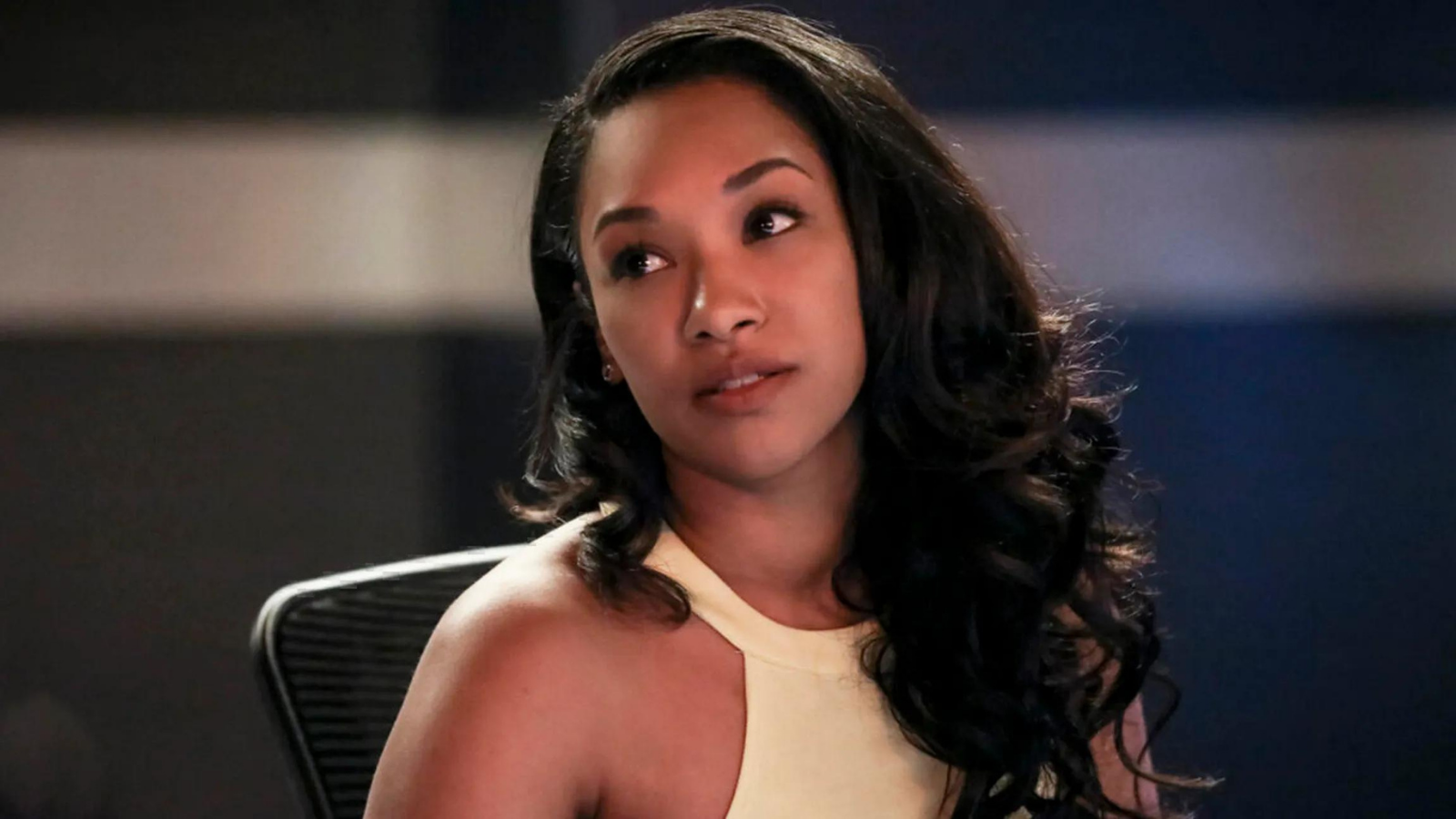
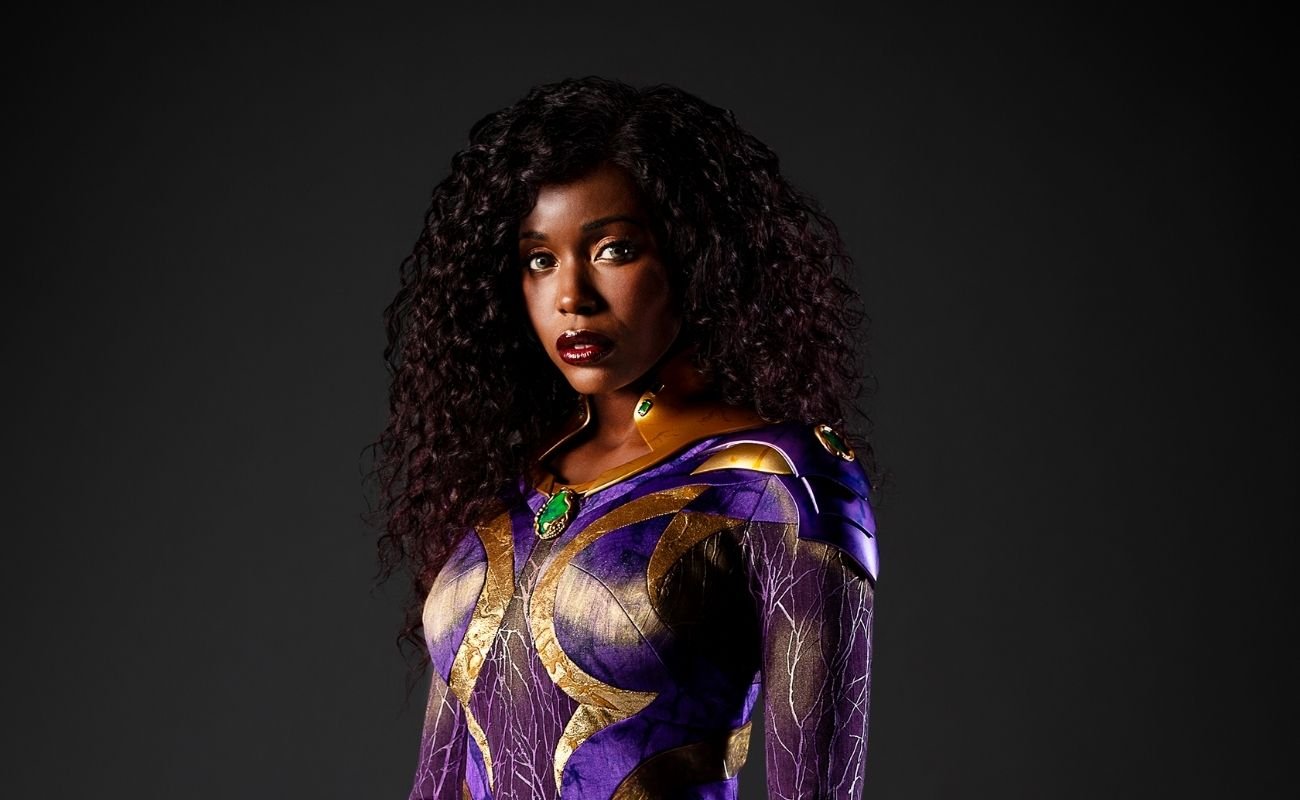
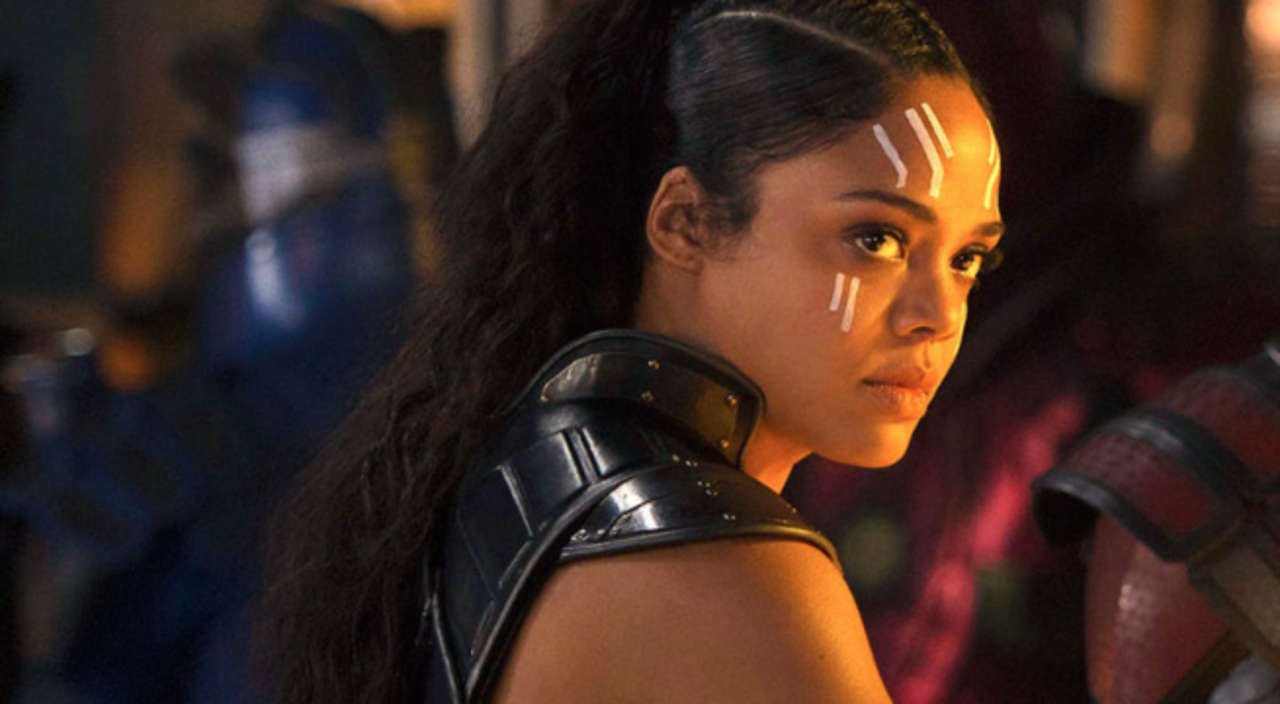
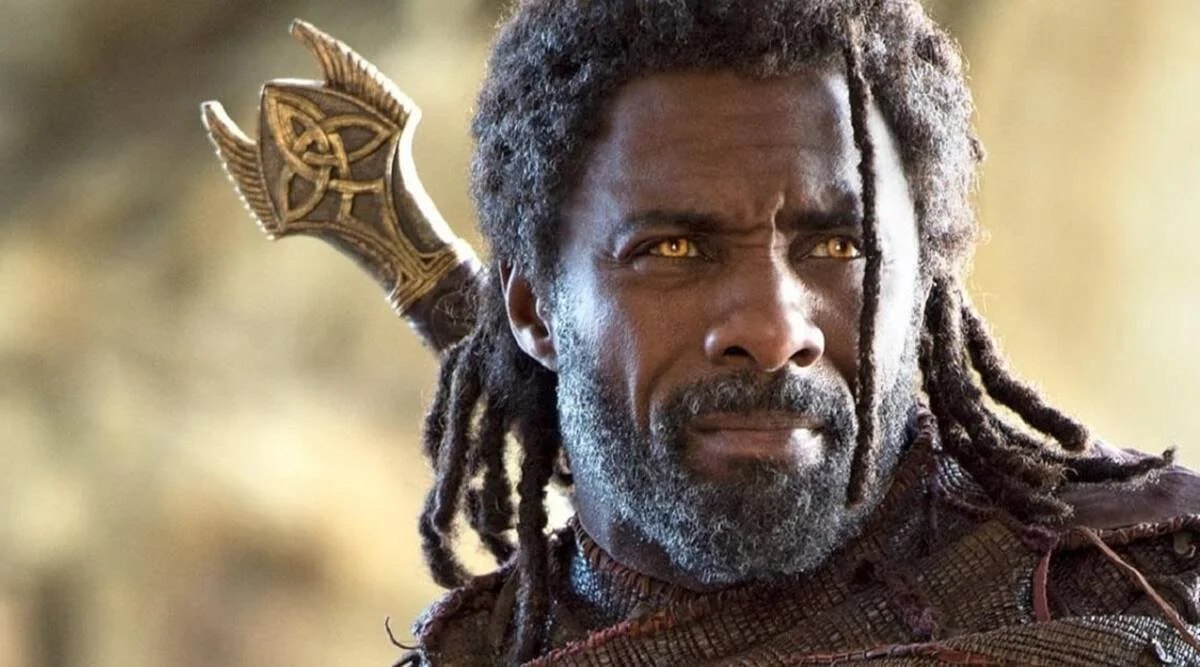
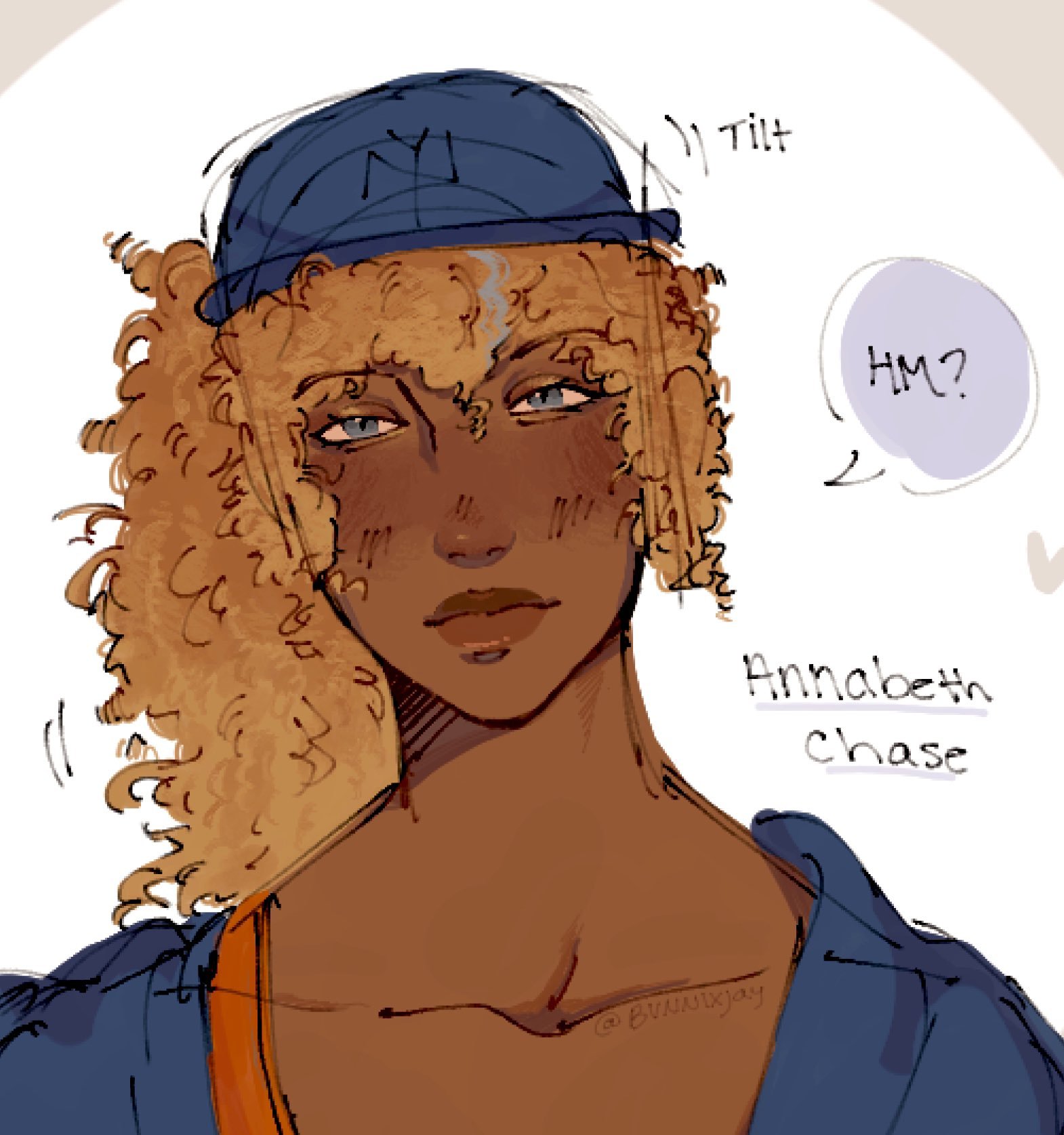
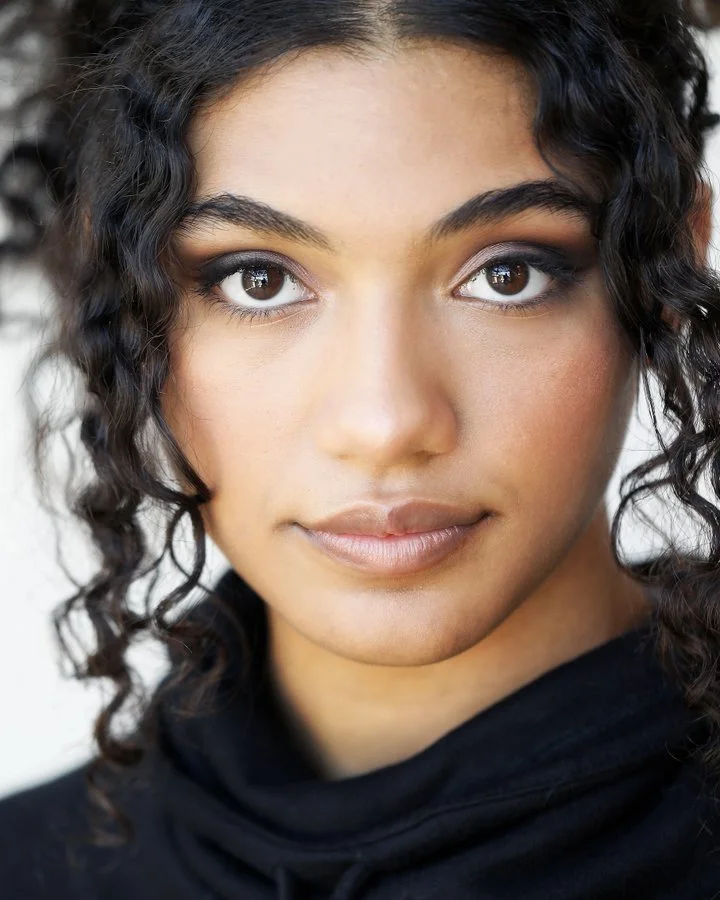
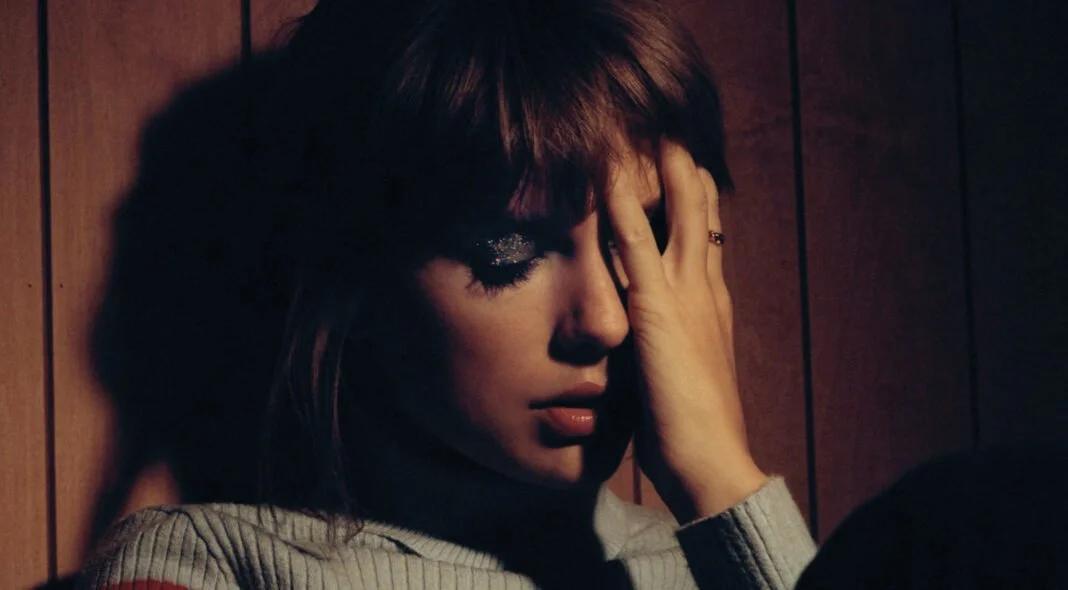

Taylor Swift's new Ice Spice collaboration, a remix from Midnights "Karma," is an insulting attempt to clean up Matty Healy's image.